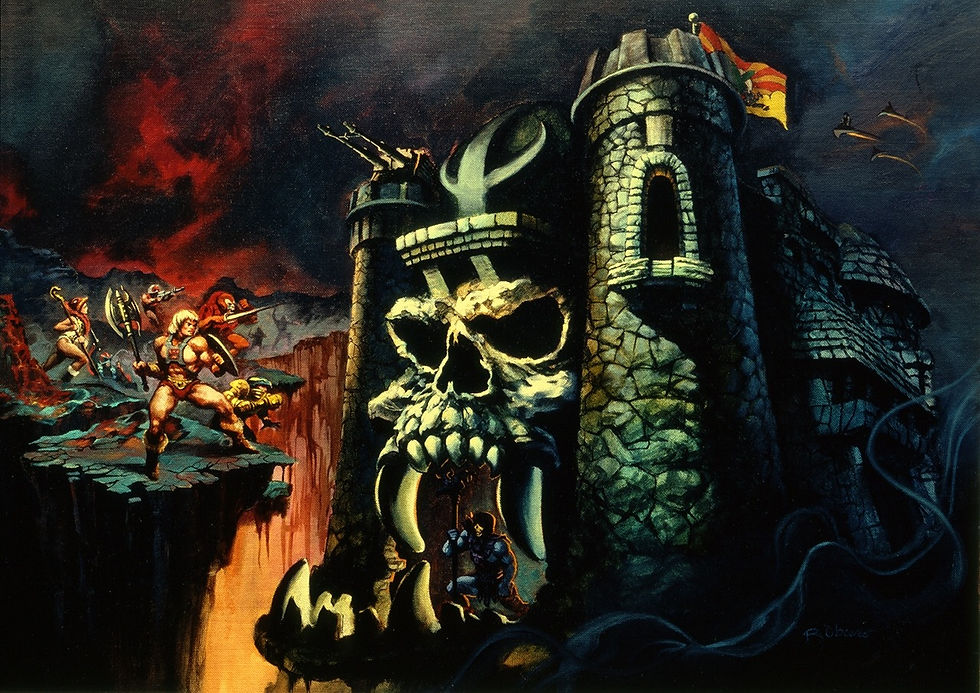Writing Our Own Story
- nelsonmiked

- Feb 17, 2019
- 2 min read
Updated: Aug 21, 2021

“The universe is made of stories, not atoms.” (Muriel Rukeyser)
I am a lover of stories.
Stories have come to me in a variety of ways over the course of my life: Books. Movies. TV shows. Cartoons. Comic books. Plays. Anime. Poetry. Scripture. Fables. Myths. Parables. Around the campfire (ghost stories).

I love getting caught up in stories. I think part of it is stories are a great distraction to the harder parts of life. Stories help me “let go” of the strains and stresses of life for a bit.

But I think another part of it is stories help orient me to myself and others. The degree to which I can find myself and others around me in the stories I participate in is the degree to which I come to “know” myself.

Furthermore, the longer I live the more I believe that our perception of reality is a story we are telling ourselves.
I also think this is why I like being a therapist. I believe there is great power in listening to people's stories. Both for the person telling the story and for the person listening.
"The human mind is a story processor, not a logic processor. Everyone loves a good story; every culture bathes its children in stories. Among the most important stories we know are stories about ourselves, and these “life narratives”...[are what]...people create to make sense of their lives...These narratives are not necessarily true stories—they are simplified and selective reconstructions of the past, often connected to an idealized vision of the future. But even though life narratives are to some degree post hoc fabrications, they still influence people’s behavior, relationships, and mental health." (Jonathan Haidt, The Righteous Mind)

Said another way:
“As we become aware of ourselves as storytellers we realize we can use our stories to heal and make ourselves whole.” (Susan Wittig Albert)
We tell stories to ourselves. Stories about ourselves, others, and the kind of world we live in. We tell these stories to ourselves to feel better about ourselves, to establish our identities, and to stay sane.
This metaphor of our our lives as a story has several powerful mental health applications as I see it:
(1) Its helpful to be curious about negative stories we tell about ourselves. It’s worth examining whether our self narrative is accurate, helpful, and productive.
(2) Listening to other people’s stories helps us fight a sense of isolation. We are not as alone as we sometimes think we are. While human experience is vast and varied the more we listen to others the more we may find “nothing that is human is foreign to me.” (Terence, Roman playwrite)
(3) It’s helpful to remember that ultimately we write our own story. Life provides experiences and other people may give their “two cents” on our situation but ultimately we are in charge of writing our own story. If we don’t like the story we are in we have the power to re-author a new narrative.

Whatever our problems are it may be helpful to acknowledge our history. When have our problems had more power over us? When have they had less power? What do we notice about those times we are better at overcoming? What skills, tools, and helps are we using? Who are we with? What values motivate us on our journey?



Comments